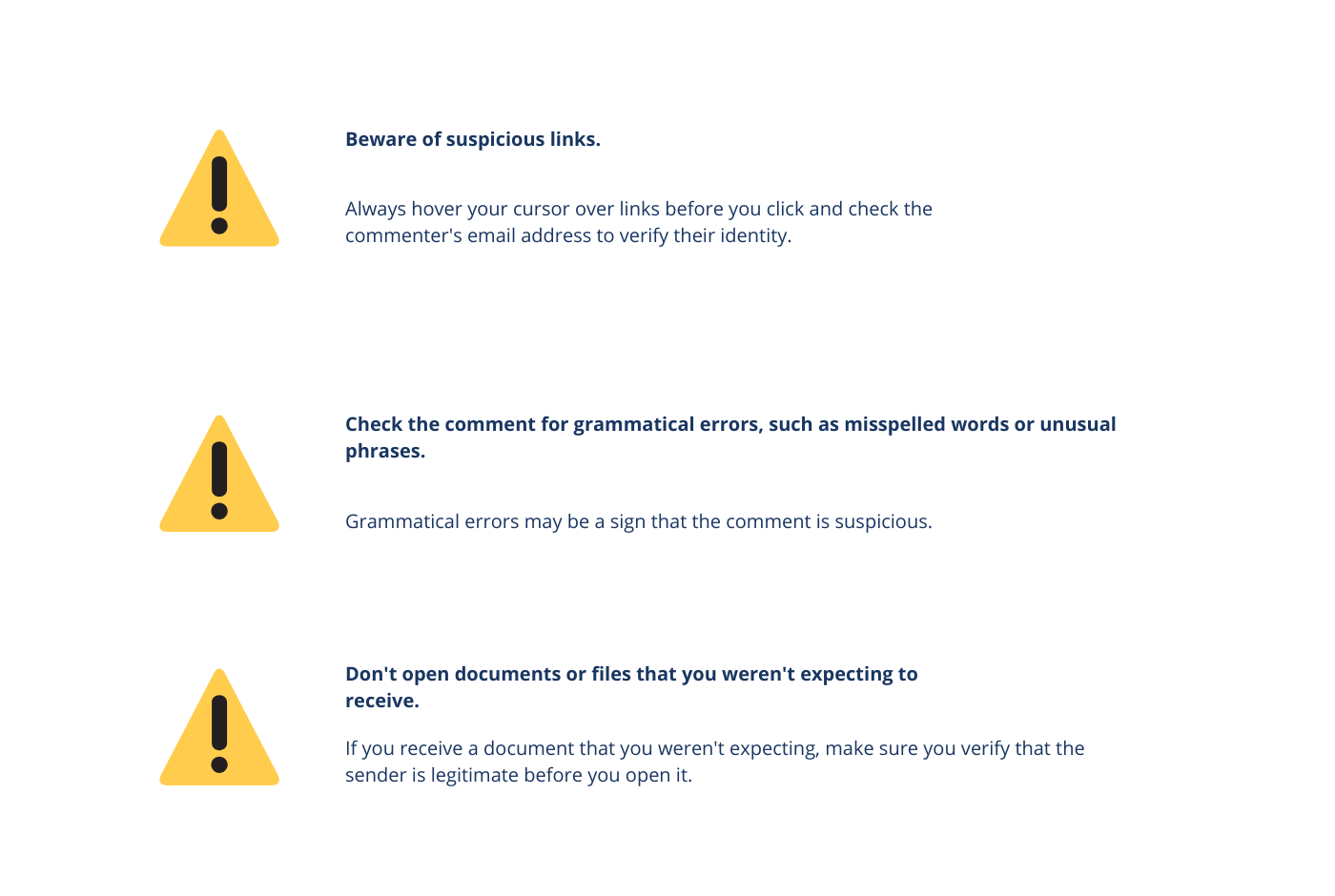Latest creative scams from opportunist cybercriminals
In a world where everyday life is becoming more and more digital, it remains essential to protect ourselves from the ever-evolving threats in the cyber world. Fraudsters are quick to come up with new and inventive ways to trick and entice people into becoming victims of their cybercrimes. Below are some of the scams currently in circulation and how best to minimise your risk.
Recruitment website scams
Due to lack of verification, a number of fake job posts are created that are able lure people in to give away their personal details. The job adverts entice people to click on links and contact malicious email addresses, phone numbers and websites that appear to be from genuine recruiter sites. This then means, it is all too easy to fall victim and unlike other scams that can prey on the older and more vulnerable, younger people looking for employment may also be victim to this fraudulent activity as well.
Missed or delayed shipping/delivery phishing emails and text messages
Like many industries that were hit during the pandemic, the supply chain industry was no different. Cybercriminals saw this as an opportunity to pose as shipping and courier services sending phishing emails about missed and delayed parcels, luring people in with emails and text messages that encourage you to click and download information about your items and to provide log in details and passwords. With the pandemic creating a spike in online shopping and e-commerce deliveries, these scams were entirely believable and show there is an increasing need for people to be super vigilant and verify any information they receive and to report or delete any suspicious content sent to them.
How to stay safe and avoid these types of scams:
If you are expecting a shipment and receive a related email, confirm that the email is legitimate before clicking any links in the email. Look at the email address it has come from, and check for details such as the order number, the purchase date, and the payment method.
The Google Docs Scam
As one of the most popular Google programmes, in terms of creating and sharing documents, it is no wonder that the software has been targeted by cybercriminals. With the ability to add comments in Google Docs, scammers have once again found a way to scam unsuspecting users. They use real Google accounts to create documents with phishing links inserted. A user then receives a legitimate email notification from Google, letting them know they have been tagged in a comment. This comment contains the embedded phishing link, and may appear to be from someone they know, such as a friend or colleague. By clicking on the link, malware is then installed onto their device/system.
Tips to help you avoid falling for this scam:

If you think you may have fallen victim to an online scam relating to one of the following financial matters:
- an investment
- your pension
- taking out a loan
- insurance and warranty products
- claims management
- consumer credit
or have paid money to fraudsters, you can report it to the Financial Conduct Authority (FCA) by visiting their page here.
If the incident was not related to one of the above, then please contact Action Fraud on 0300 123 2040 or online via their website or contact the police on 101.
As ever, if you require advice relating to your investments, please do not hesitate to contact your Advisor.



